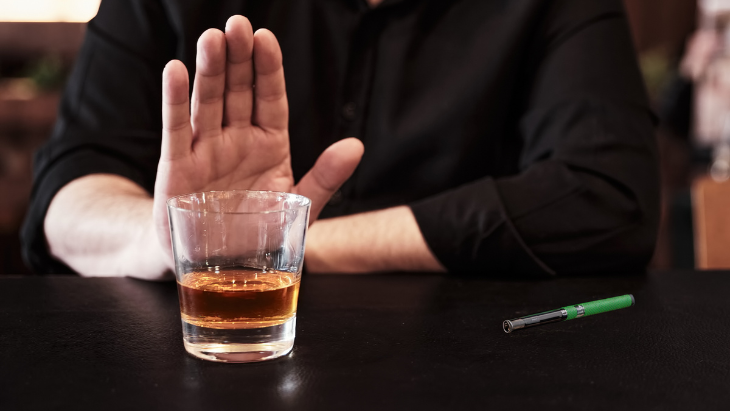New York, NY: Fewer young adults report using alcohol following the opening of licensed marijuana retailers, according to data published in the American Journal of Preventive Medicine.
Researchers affiliated with the City University of New York and the University of Alabama at Birmingham assessed the relationship between adult-use legalization laws and consumers’ use of alcohol and tobacco. Data was gathered from a nationally representative cohort of more than 400,000 respondents over ten years.
While investigators reported limited effects on population-wide alcohol and tobacco consumption post-legalization, they did acknowledge reduced use among particular demographic cohorts. Specifically, college-educated adults and those aged 30 to 39 reduced their use of alcohol and cigarettes following marijuana legalization. Alcohol use also declined among young adults (those between the ages of 18 and 29). Among older adults (those aged 50 to 59), binge drinking frequency declined, as did their use of cigarettes.
“The findings suggest that the impact of RCLs [recreational cannabis laws] on alcohol and tobacco use is complex,” the study’s authors concluded. “Alcohol and cannabis, as well as tobacco and cannabis, may function as both complements and substitutes. Different individuals may use these substances for either reason, and the same individuals may engage in complementary or substitute behaviors depending on personal preference and accessibility. … More research is needed to evaluate the effects of RCLs over time.”
While survey data finds that many consumers acknowledge substituting marijuana for alcohol, observational data gathered from jurisdictions that have legalized cannabis is mixed – with some studies reporting dips in alcohol sales post-legalizations and others reporting no significant changes at the population level.
H/T: news.google.com



